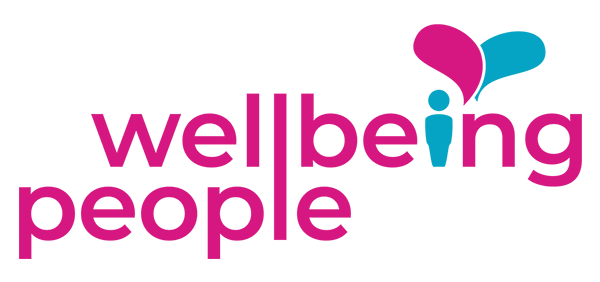Setting ourselves goals, whether professional or personal, gives us long-term vision, but so often, only short-term motivation. If we set too big a goal in too short a time, then the chances are we may never achieve that goal! This can lead to feelings of disappointment, failure and a lack of impulsion to succeed. All of which can be detrimental to our mental and physical wellbeing.
Taking small steps. This doesn’t mean we shouldn’t set ourselves big goals or have a vision for the ultimate place we would like to be, in say 5 years’ time. What it means is that we need to break down our journey into smaller goals in order to get to our desired goal. If we just focus on the end result, we may feel like we’re getting nowhere, with little progress which may cause defeat and we give up. Tackling small goals that are within our reach keeps us motivated and interested.
Sometimes the smallest step in the right direction ends up being the biggest step of your life. Tiptoe if you must, but take a step - Naeem Callaway
The benefits of taking small steps to achieve your goals
Workplace Wellbeing
Narrow the search for your next wellbeing initiative and discover the Wellbeing People approach to workplace wellbeing.
How do I implement small steps?
- 1Once you know your goal(s), write them down! Writing down your goals means you can visually see them, gives you clarity and focus to achieve them! You can also then review your goals at any time and see you progress.
- 2Set some timescales, with maybe a deadline to work to! This will not only help with motivation to take those steps but also will help you to follow through to completion!
- 3Keep your mind focused on small steps. There is nothing wrong with progressing steadily if it gets you to where you want to go!
- 4Work out how you are going to do it! Look at your skillsets, your life balance and implement a strategy or plan that will work for you! You can’t manage things that you don’t map out and measure, and you can’t improve on the things that you don’t properly manage!
- 5When you reach your first, middle or last milestone, make sure you reward yourself! When you give yourself praise or a reward, your brain produce dopamine. This is a hormone that makes us feel good, which can also help to reduce stress and bring mental clarity!
- 6Upgrade or change your daily habits! Daily progress and taking small steps towards your goals will undoubtedly trigger new behaviours, leading to long term positive change!
Further reading and references
https://knowledge.wharton.upenn.edu/article/small-steps-that-make-a-big-impact-on-achieving-goals/
You may also be interested in...
